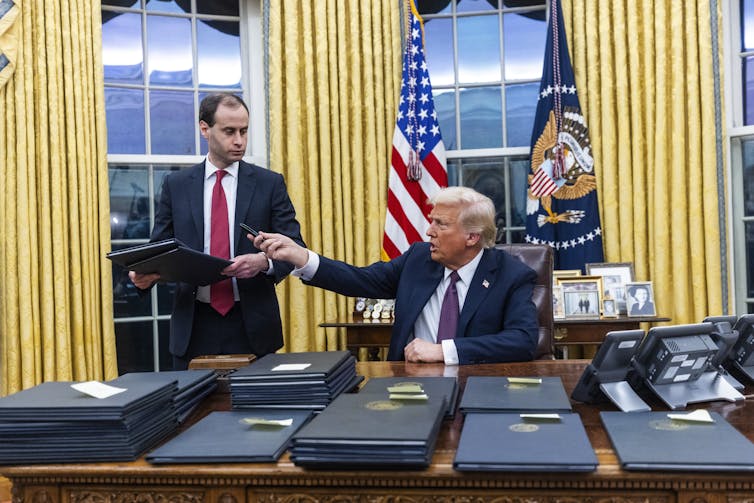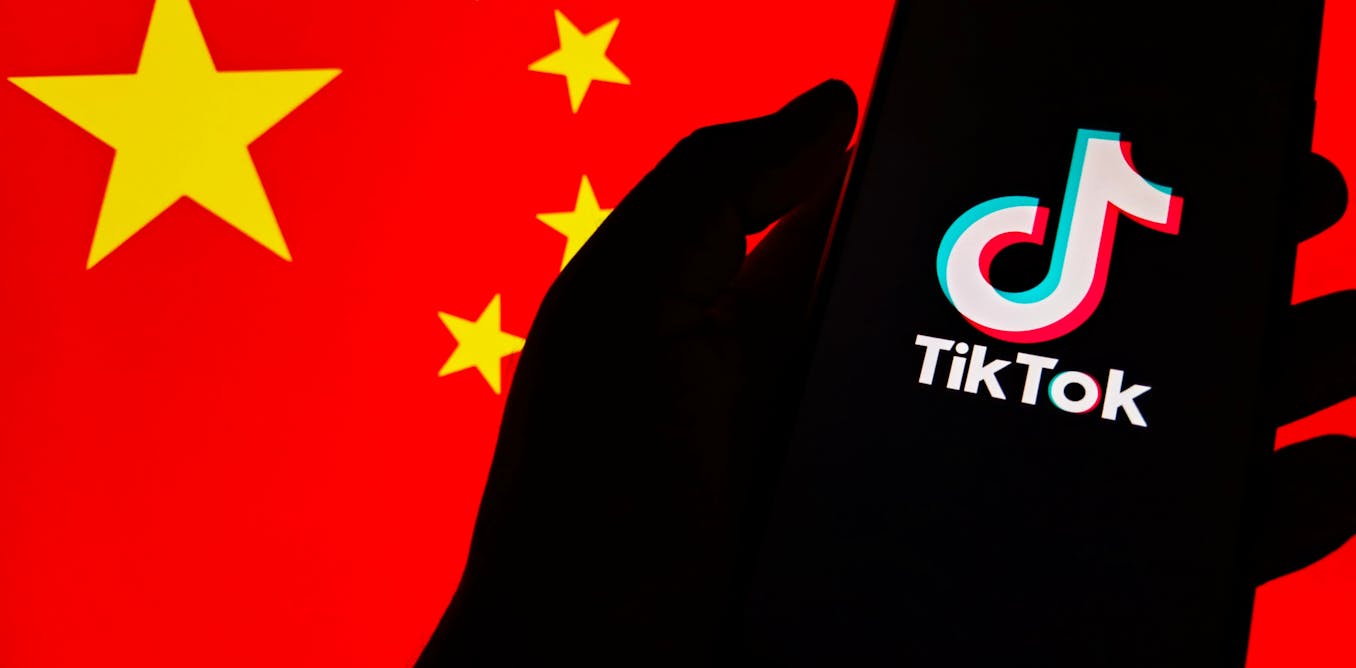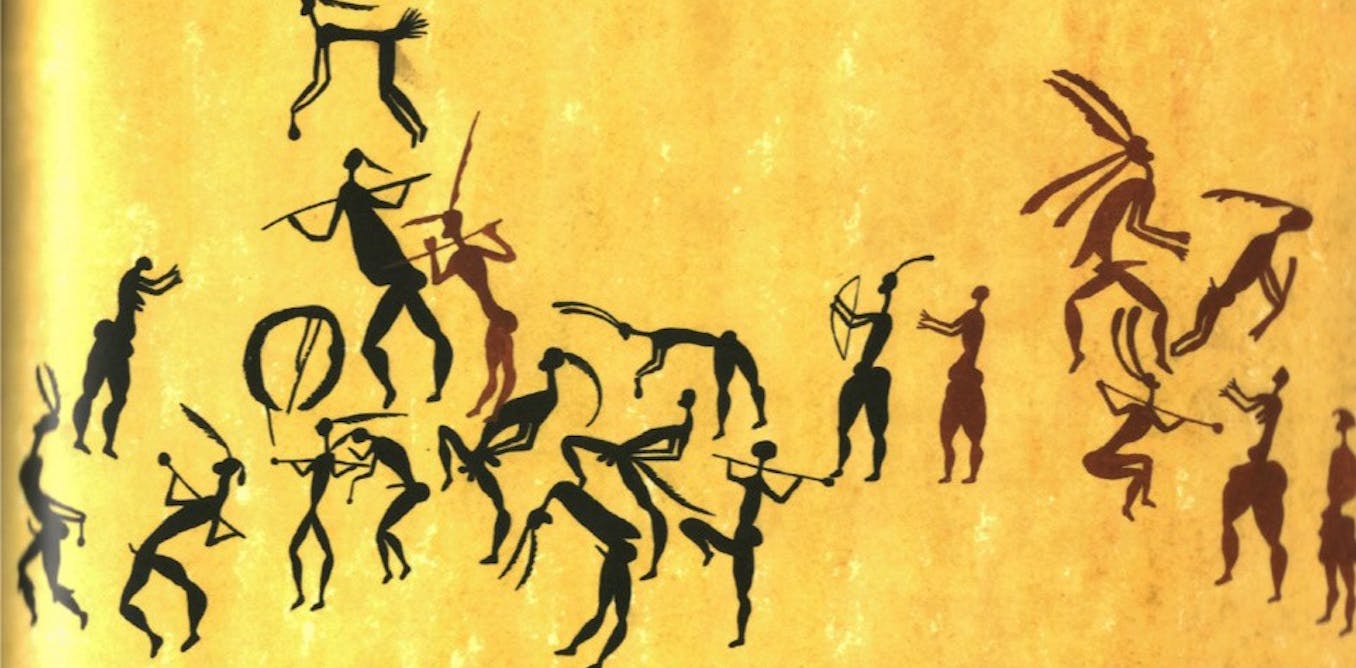After years of mounting scrutiny over TikTok’s data practices, in 2024 the Chinese video platform was threatened with a forced sale in the US or a nationwide ban. With the deadline looming on June 19, US–China tech rivalry has entered a new and more aggressive phase. TikTok vowed to fight forced divestment, claiming it would “trample” free speech.
But what started as a controversy over data privacy now has global implications. This conflict is about more than just an app. It represents a shift in the balance of digital power — one that could redefine how nations view national security, economic sovereignty and the internet itself.
In light of my research on AI bias, algorithmic fairness, and the societal impact of digital platforms and my experience advising government on AI regulation and digital ethics, I see TikTok as the flashpoint of a broader, more dangerous trend. Digital spaces are becoming battlefronts for geopolitical influence.
TikTok has evolved from a social media app to – in the eyes of some policymakers – a digital weapon. Its massive global following has made it a cultural juggernaut. But this viral success has also made it a prime target in the escalating US-China tech war.
Get your news from actual experts, straight to your inbox. Sign up to our daily newsletter to receive all The Conversation UK’s latest coverage of news and research, from politics and business to the arts and sciences.
US politicians worry that its owner, ByteDance, could be forced by the Chinese government to hand over American user data, or manipulate TikTok’s algorithm to serve Beijing’s political agenda.
The concerns are serious, even if not proven. Platforms have been used to sway political sentiment before — as with Facebook in the Cambridge Analytica scandal. But TikTok is different. Its algorithm isn’t like those of other social platforms that rely on a user’s social graph (what you follow, who you know) to connect people, organisations and places.
Instead, TikTok uses a real-time recommendation system based on micro-interactions: how long you watch a video, whether you pause or replay it and even your swipe patterns. The result is an ultra-addictive content stream. This gives TikTok an almost unprecedented power to shape opinions, whether intentionally or not.
TikTok in the US: three possible scenarios
There are three potential outcomes for TikTok. The first is a forced sale to a US-based entity, which could satisfy lawmakers but likely provoke severe retaliation from China.
The second is a ban, which may be more symbolic than effective, but would send a strong message. The third, and perhaps most likely, is a long, drawn-out legal battle that results in a stalemate. Trump seems set to extend the June 19 deadline, after all.
But there’s a deeper issue here. The world is becoming increasingly divided along digital lines. The US and China are building rival digital ecosystems, each suspicious of the other’s platforms.
Like past restrictions on Huawei and Nvidia chip exports, this case signals how national security and economic policy are merging in the digital age. This threatens to splinter the internet, with countries choosing sides for their suppliers based on political and economic allegiances rather than technical merit.
For China, TikTok is a symbol of national pride. It’s one of the few Chinese apps to achieve global success and become a household name in western markets. Forcing ByteDance to sell TikTok, or banning it, could be seen as an affront to China’s ambitions on the global digital stage. It’s no longer just about a platform — it’s about control over the future of technology.
TikTok’s defenders argue that banning the app would undermine free speech, stifle creativity and unfairly target a foreign-owned platform. These concerns are valid, but the broader landscape of digital platforms is far from straightforward.
Other platforms have faced criticism over allegations of spreading misinformation, amplifying bias and contributing to social harm. However, the key distinction with TikTok lies in its algorithm and its ability to sway opinions on a global scale.
TikTok’s “for you” feed tracks micro-interactions, serving up personalised content with an addictive intensity. As a result, users can find themselves pulled deeper into curated content streams without realising the extent to which their preferences are being shaped.
While its competitors might be able to spread misinformation and stoke division in more traditional ways, TikTok could potentially do so through the finely tuned manipulation of the user’s attention. This is a potent tool in the world of digital politics.
It also raises critical questions about how the US approaches regulation. Is TikTok a genuine national security threat or simply a symbol of the growing strategic competition between two superpowers?

EPA-EFE/JIM LO SCALZO / POOL
Rather than relying on bans and trade wars, what is needed is robust, cross-border frameworks that prioritise transparency, data protection, algorithmic accountability and the mitigation of online harms.
Concerns about harassment, disinformation, addictive design and algorithms that amplify toxic content are not unique to TikTok. US legislation such as the Kids Online Safety Act and the proposed Platform Accountability and Transparency Act signal growing concern. But these efforts remain piecemeal.
The EU’s Digital Services Act is a welcome model for accountability. But global coordination is now essential. Without it, there is the risk of further fragmentation of the internet (what has been called the “splinternet” — where access is determined by geopolitics rather than universal principles).
The digital world has long been dominated by a handful of powerful corporations. Now it is increasingly shaped by state rivalries. The battle over TikTok is a harbinger of deeper tensions around how data, influence and trust are distributed online.
The real question now is not whether TikTok survives, but whether nations can craft a digital future that prioritises democratic values, cross-border collaboration and the public good. This isn’t just about national security or free speech. It’s a defining moment in the battle for the future of the internet.

The post “The battle for TikTok is at the forefront of a deeper geopolitical trend” by Shweta Singh, Assistant Professor, Information Systems and Management, Warwick Business School, University of Warwick was published on 06/16/2025 by theconversation.com




































Leave a Reply